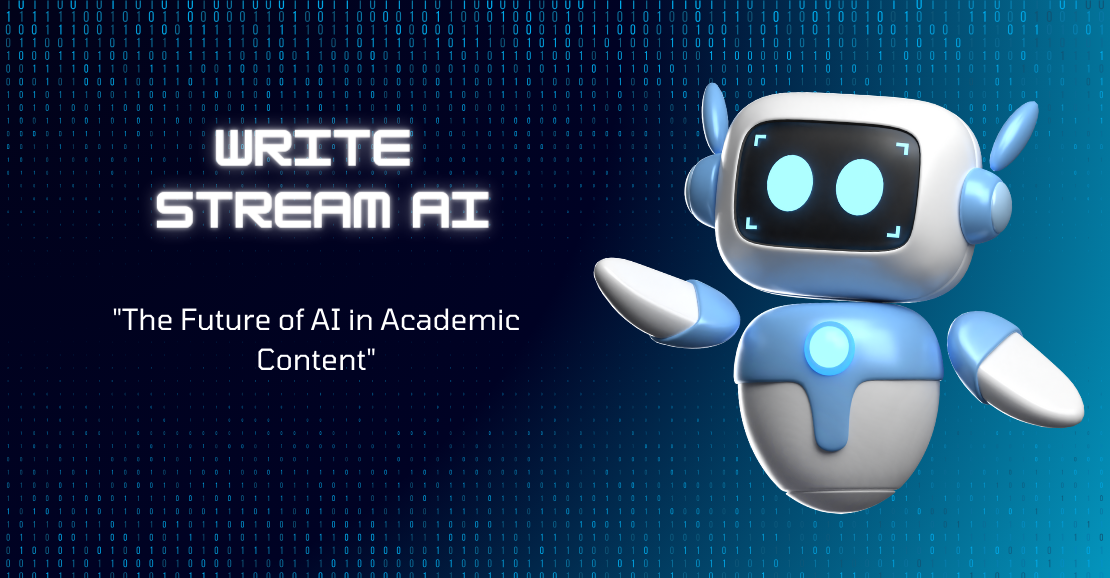The use of artificial intelligence (AI) in academic content has been a topic of discussion for quite some time now. With the rapid advancement of technology, AI has made its way into various industries and has proven to be a powerful tool in improving efficiency and productivity. The education sector is no exception, and the integration of AI in academic content is gaining traction. This brings us to the question, what does the future hold for AI in academic content?
One of the key benefits of using AI in academic content is the ability to personalize the learning experience for each student. With the help of AI, educators can analyze students' learning patterns, strengths, and weaknesses and provide them with personalized learning materials and resources. This not only helps students to learn at their own pace but also ensures maximum retention of knowledge.
In addition to personalization, AI can also assist in grading and assessment. With the use of algorithms, AI can evaluate and grade papers and assignments, reducing the workload for educators. This allows teachers to focus on providing more individualized feedback to students, ultimately leading to improved learning outcomes.
Moreover, AI can bridge the language barrier in academic content. With the increasing globalization of education, there is a growing need for multilingual resources. AI-powered translation tools can help in providing content in different languages, making education more accessible to students from various backgrounds.
Another area where AI can revolutionize academic content is in content creation. With the vast amount of data available online, AI can help in curating relevant and high-quality content for students. This can save educators time and effort in searching for appropriate materials for their lessons.
However, the use of AI in academic content also raises concerns about the future of teaching jobs. With AI performing tasks that were traditionally done by teachers, there is a fear that it may replace human educators. However, many experts believe that AI can never fully replace human teachers, as the role of educators goes beyond just imparting knowledge. Teachers provide emotional support, mentorship, and critical thinking skills, which are irreplaceable by AI.
Another challenge that comes with using AI in academic content is the bias in algorithms. As AI systems are created by humans, they can inherit the same biases as their creators. This could lead to unequal opportunities for certain groups of students if not addressed and monitored carefully.
To address these concerns, it is essential to have proper regulations and ethical guidelines in place for the use of AI in academic content. Educators must also be trained in using and implementing AI effectively in their teaching practices to ensure its full potential is utilized.
In conclusion, the future of AI in academic content is promising, and its integration has the potential to revolutionize the education sector. With its ability to personalize learning, assist in grading, bridge language barriers, and aid in content creation, AI can enhance the learning experience for students. However, it is crucial to address the concerns and challenges that come with its use and have proper regulations in place to ensure its ethical and responsible implementation. AI is a powerful tool, but it should be seen as a complement to human educators rather than a replacement.























Write your comment
Cancel Reply